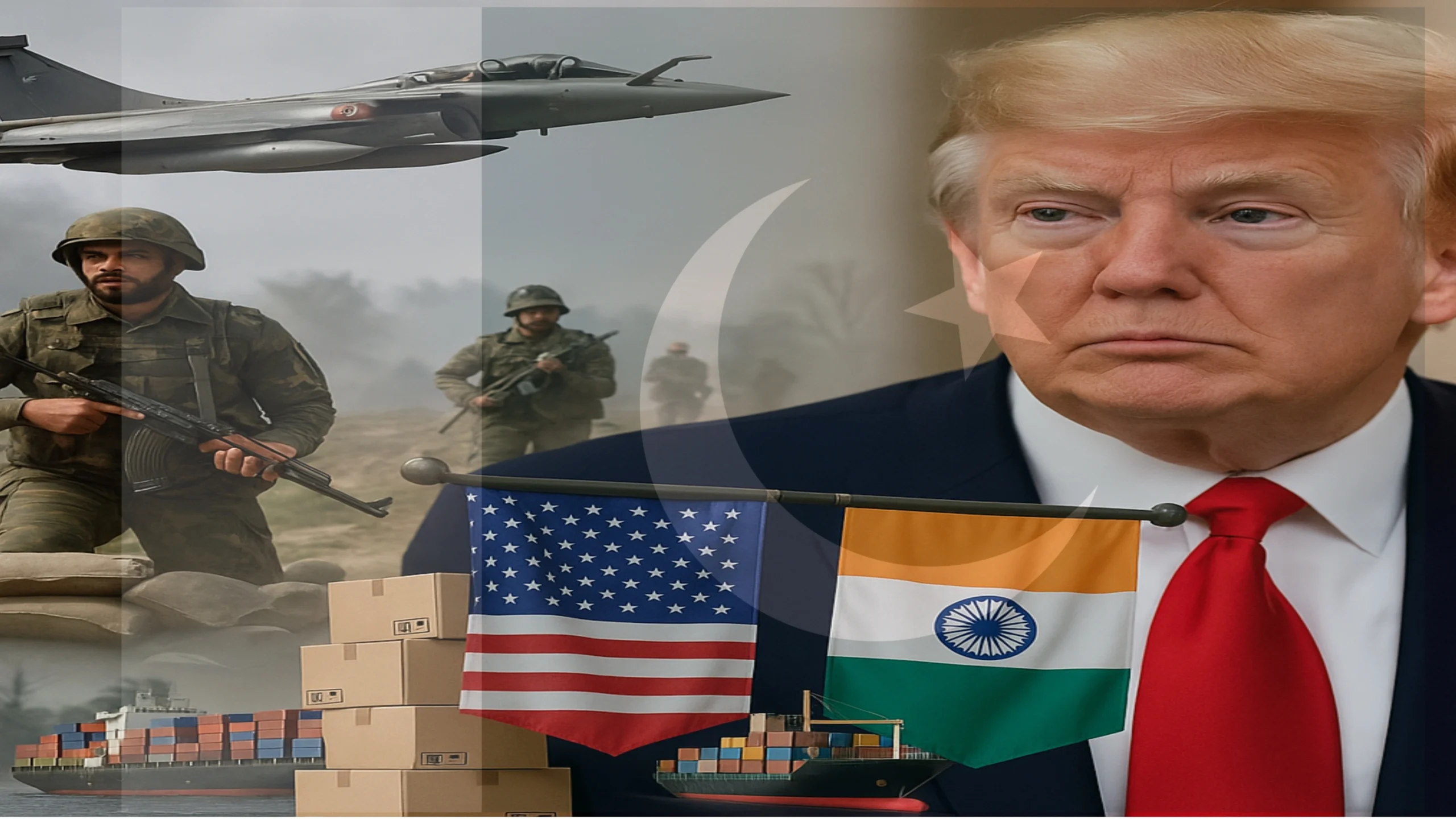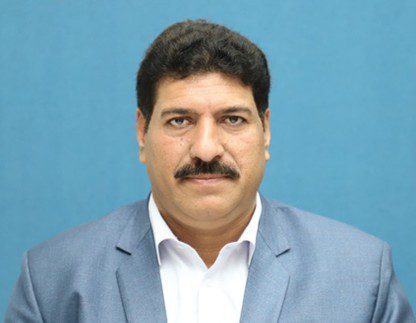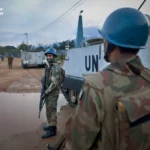Former US President Donald Trump previously stated in a recent campaign trail statement that his administration is the catalyst for preventing the major conflict between India and Pakistan in 2025. Trump asserted that his government successfully employed the art of smooth trade diplomacy to prevent a potentially catastrophic conflict between the two nuclear powers of India and Pakistan, citing the unstable aftermath of the terror attack in Pahalgam and the downing of five Indian fighter jets by Pakistan. Even though Trump’s statement has garnered attention, particularly in the context of the resurgence of Indo-Pak tensions, his emphasis on the importance of trade agreements as a means of promoting peace in South Asia raises a critical issue regarding the intricate nature of diplomacy in the region.
The 2025 Flashpoint
The incidents of March 2025 are difficult to refute. The Pahalgam terror attack, which resulted in the deaths of numerous Indian security personnel and civilians, ignited a sense of outrage in India, prompting demands for military retaliation. The tensions escalated several days later when Pakistan shot down five Indian aircraft, two of which were Rafale jets, alleging a violation of their sovereignty. Two pilots were apprehended, and troops were on alert along the Line of Control, which was on the brink of open warfare.
Trump’s presumed actions of diplomatic intervention, which involve the use of a lure and a rod as incentives for economic and trade influence, are a distant explanation for the layered crisis. It is important to remember that trade diplomacy is a simplistic approach to recognizing the more subtle differences among various actors, such as regional stakeholders, international institutions, and the domestic restraint mechanisms in both India and Pakistan, even though the backchannel communications have been opened and the moderating influence of the United States was in play.
Transactional Diplomacy’s Constraints
President Trump has been known to contemplate a transactional approach to international relations throughout his tenure. Through tariffs, sanctions, and other preferential trade terms, he has prioritized leverage in his foreign policy. The United States’ trade with India and Pakistan served as a valve that allowed tensions to subside, although at the expense of economic gains or penalty mitigation. Nevertheless, diplomacy, particularly in the sub-continent, cannot be contained within that container.
India’s response to the Pahalgam attack was restricted not by external economic factors, but rather by national and tactical politics. In the same vein, Pakistan’s decision to fire down Indian aircraft while simultaneously refraining from advancing its case was not intended to prove its capability, but rather to halt the situation before it escalated into a full-scale conflict. The national interest and the deterrence strategy employed significantly influenced these actions, necessitating no Washington trade incentives.
Pakistan’s Message of Deterrence
Pakistan has now officially recognized Trump as a partner in the effort to de-escalate tensions, which is a significant development. Nevertheless, it has officially responded to emphasize that the events have been interpreted differently. Islamabad has stated that it responded in a measured manner by bringing down five Indian aircraft, including a Rafale, a symbol of Indian air superiority. It has also stated that the decision was not an imprudent desperation escalation, but rather a deterring measure. It has demonstrated to the international community and India that it has the will and ability to safeguard its airspace without resorting to conflict.
But what is more significant is that Pakistan emphasizes in its statement that sustainable peace cannot be established solely through economic transnationalism. The country’s leadership emphasized the notion that the primary de-escalation was achieved through diplomatic engagement, third-party mediation, back channels, and coercion by international organizations such as the United Nations and Gulf Cooperation Council (GCC). In this regard, Trump’s trade diplomacy was at most a secondary factor, rather than a significant one.
The Facts of Diplomatic Success
In 2025, the prevention of a conflict was achieved through a combination of military common sense, back-door diplomacy, and international diplomatic leveraging. The success was not due to a single trade policy initiative, but rather to fate. The potential for nuclear escalation in the South Asian region is a potent deterrent, and India and Pakistan are cognizant of the catastrophic consequences of any misjudgment. Another trend is that regional stability is becoming more reliant on non-state actors, cyber warfare, and disinformation campaigns, which are also incompatible with trade agreements.
Additionally, India is expanding its geopolitical influence, which is bolstered by its strong relationships with other nations, including the United States, France, and Japan. Consequently, their policies are determined by the long-term prospects of national security and economic needs, rather than individual transactional benefits. Pakistan has also moderated its approach to conflict resolution; however, there is some evidence that the military establishment is more inclined toward diplomacy and hybrid strategies than confrontation.
Pakistan’s response is appropriate in that it alters the discourse. Islamabad has emphasized the inadequacy of transactional peace by highlighting the importance of diplomatic processes and credible deterrence. Continuity of dialogue and confidence-building methods, respect for sovereignty, and the general international interest in regional peace are all necessary for comprehensive security in the subcontinent. Trump may have played a role in this, but it was not the trade agreements that secured peace; it was diplomacy, forbearance, and the recognition that war is too expensive.








